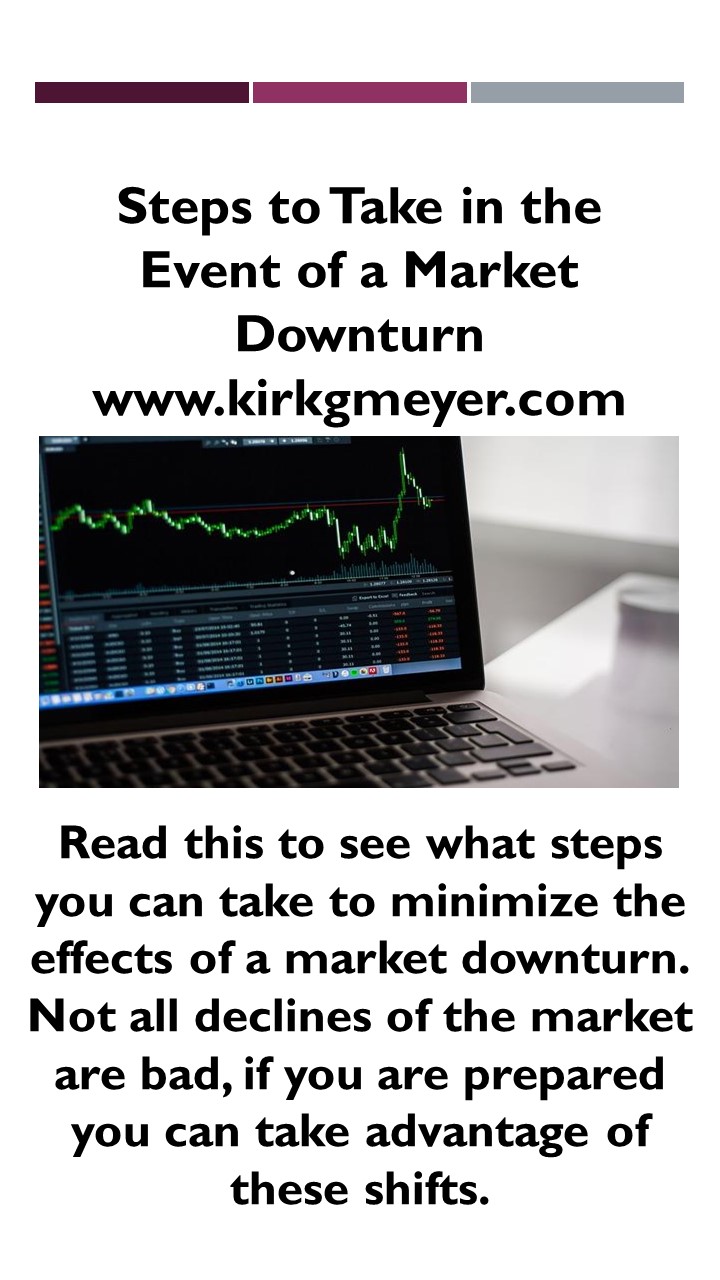
If you are like many people these days, you are wondering how high the stock market can and will go? Then in the next breath, you wonder when will the market make a correction or worse go into a bear market and go down 10% or more. Well, no one knows the answer to these or any questions when it comes to what the stock market can or will do in the next weeks or months. Markets do have loose patterns, and they tend to follow cycles of bear and bull markets. And yes we are overdue for a bear market as we have been in a bull market for over five years now. But remember, no one knows when the stock market will take its turn and go the opposite direction.
People have tried to time the markets and to be honest that has never proved to be an endeavor that has been prosperous for the majority of people. Why is that? Well, say you missed even the best twenty days of the five-year bull market you can expect to see just a small fraction of the gains that someone who stayed in the markets the entire time. But what happens if we have another recession? Well, even had you not taken any precautions in 2008 or 2009 it would have only taken a little over two years to make a full recovery in your portfolio. And with a more normal bear market, the recovery time is typically less than a year to recover your losses. So, you can see it is fairly easy to make a recovery from a bear market but in order to do that you must be invested in the markets and must not try to time the markets as that is something that is almost impossible to do with consistent results. Even the greatest investor of all time does not attempt to time the markets; Warren Buffett is the master of buy and hold of well run and managed companies.
So how do you weather a financial downturn this time? Well, to start you need to have a fully funded emergency fund to fall back on in the event that the financial markets take a free fall. Most experts recommend at least six months’ worth of living expenses in a well-funded emergency fund. At a minimum, I recommend three months but if you want to weather a full-blown recession twelve months may be better. What it boils down to is what level of funding will allow you to sleep at night with no worries.
These emergency funds need to be placed in safe and easily accessed locations and not invested to produce gains. I recommend savings accounts or money market accounts for emergency funds as they are safe and prove to be extremely liquid. Also, having these funds in an account such as this will enable you to avoid selling depressed assets at the worst possible time to pay for living expenses. That would enable you to allow the markets to correct before you would have to sell any assets and when you do hopefully, they will be back to a level where you do not lose money.
Another tip is to have all major future purchases planned for in advance. That means you must save up for these purchases and not finance them as in a recession credit normally will dry up and become difficult to obtain. If you are looking to buy a new car, it is much better to save up for the purchase rather than rely on the financial institutions. Want a new house? Save up the 20% for a down payment and avoid mortgage insurance. No matter what you are needing to purchase it is very important that you at least plan for the purchase in advance and avoid having to rush financing at terms that may not be favorable to you at the time you need it.
As alluded to earlier by placing your emergency fund in an extremely safe environment it will enable you to be able to sleep sound at night. This goes the same for your investments as the riskier they are, the more likely it will cause you some sleepless nights. But the safer you invest and the less risk you take, the easier it is to feel comfortable with your choices. But there is trade-offs to consider with safe, and that is a lower return. But a well thought out and diversified portfolio can actually reduce your overall risks and increase your portfolio’s return. And when you are younger you can afford to take more risks and still sleep sound as you will have more time to recover from any potential losses. As you get closer to retirement, it makes sense to become more conservative in your investing strategy. But regardless, no matter your risk tolerance it is important always to have a portion of your portfolio in equities as they tend to produce the best returns. And even in retirement, it is important to build your asset base and have assets that outpace your spending and inflation.
These are just three basic steps that anyone can take to help avoid potential pitfalls in the economic environment. Always plan ahead and be prepared for something bad to happen in the markets as it is inevitable that at some point the markets will either make a correction or go into recession. But the key to survival is to plan. Be prepared and stay the course. And never panic when you see the markets take a turn.
As always, if you have any questions or need additional information feel free to contact me or leave a message here.








HI Kirk, I think you gave some great advice here. Having an emergency fund is a real key and I’ve read the majority of Americans do not have said fund.
Would you be a proponent of shorting stocks in a bear market? I know this is a riskier form of investment, and you likely would not endorse it, but like you said the bull market has lasted 5 years. Once there are confirmed signs of a bear market, shorting stocks might be the path to some solid short-term gains. Am I crazy, ignorant or just willing to take on too much risk?
Thank you for the excellent comment and question. This is a topic that will require more than a mere comment here. I will write a post in response to your question and post it next week. But the short answer to selling short is avoid it unless you are an experienced trader as the loss potential is too great. Look for Tuesday’s post for a much more in-depth response to this as I really will go into some specific details on how you can take advantage of falling stock prices without having unlimited risk involved. Thanks again for the great comment and question.